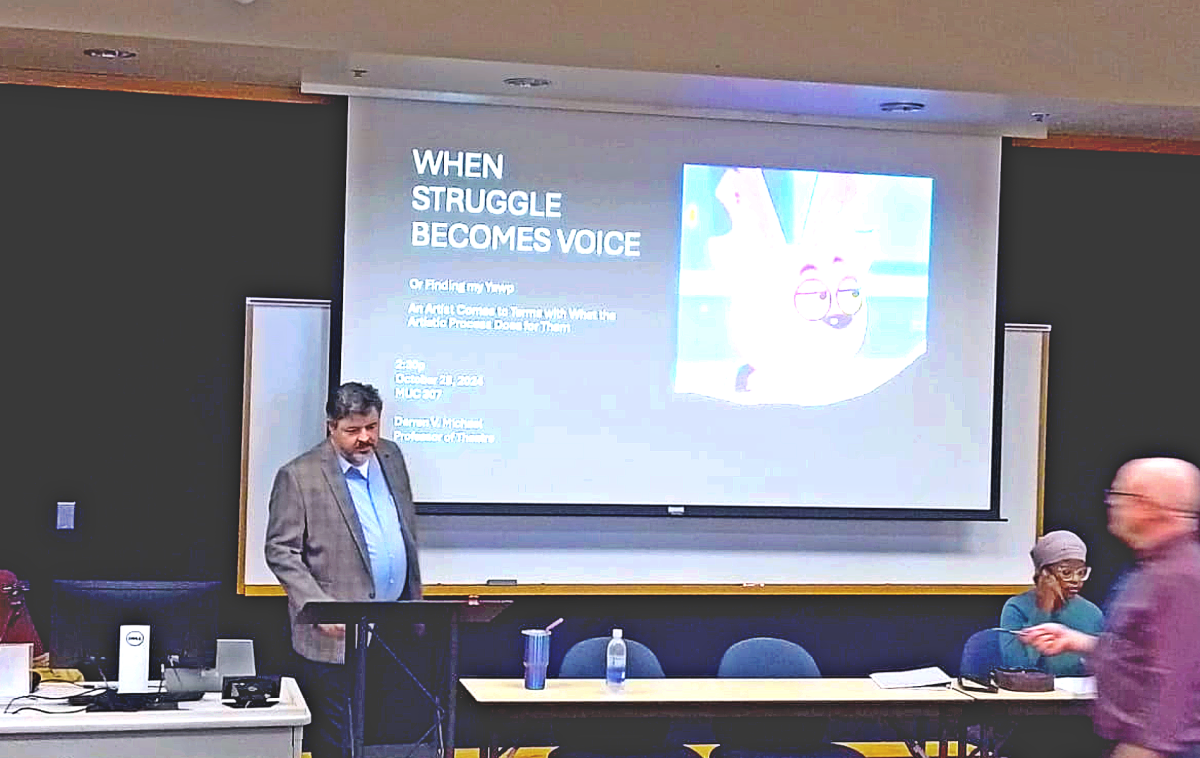COLUMBUS, Ohio (AP) — A transgender prison inmate in Ohio wants a federal judge to order the state to allow her hormone treatments to continue, saying she suffered a medical setback including facial hair growth and depression when the treatments stopped.
Whitney Lee, whose legal name is still Antione Lee, had undergone continuous hormone therapy since 1999 until the Department of Rehabilitation and Correction abruptly halted the treatments in February 2012.
The state resumed the treatments last month after a judge temporarily ordered the state to provide them. Federal judge Algenon Marbley held a hearing on the issue Thursday in Columbus that was to continue Friday.
A prison psychiatrist has determined that Lee lacks the criteria for gender identity disorder, also known as gender dysphoria, and that the therapy can’t be justified, according to the department.
Lee, 36, is housed with men at Mansfield Correctional Institution, where she is serving a three-year sentence on forgery and theft charges out of Hamilton County.
Lee had previously received the treatments at home, in federal prison and in the Hamilton County Justice Center, according to a request for an emergency order filed by the Cincinnati-based Ohio Justice & Policy Center. That included estrogen treatment approved by prison authorities while Lee was imprisoned in 2009 and 2010, the request said.
Lee has been living as a woman since age 18, the center’s complaint said.
Without the treatments, Lee lost breast tissue, her voice deepened, her skin became coarser and she began growing facial hair, among other symptoms, the request said. She also has grown irritable and angry and was placed on suicide watch, according to the request.
“Deprivation of hormone treatment wreaks havoc on Ms. Lee’s physical and mental health and puts her life in danger,” it said.
The prisons department has argued that Lee didn’t exhaust the prison grievance procedures and that the case should be dismissed.
The state said that even if the state’s medical diagnosis was called into question, it would be at most an issue of medical malpractice, not a violation of constitutional rights.
___Ericka Conley


















